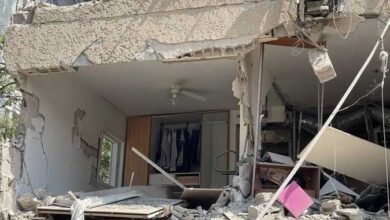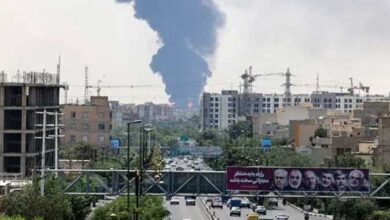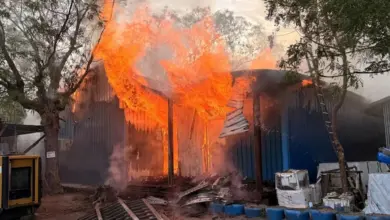The bombing targeting the Minister of Interior marks the third wave of the Muslim Brotherhood’s strategy of violence against the new Egyptian state. The first wave were the militarised sit-ins, the second was the series of demonstrations that were also militarised and violent, killing innocent civilians, burning churches, and attempting to weaken the state by targeting police stations and the security apparatus. This third wave of bombings was expected. You only had to listen to the statements coming from the Raba’a podium to know the plan. They told Egyptians that they will bomb civilian targets and unleash a wave of terrorism and insurrection.
The expected Islamic insurgency was expected because all other means of wrestling back power have failed. The Brotherhood have spectacularly failed to nourish the wave of sympathy and grassroots’ support it had initially gained by those who saw the ousting of Morsi as an attack on legitimacy and a derailing of democracy, not realising that the true definition of democracy is people power, which in this case took to the streets calling for an end to the Brotherhood’s rule of religious fascism. By persistently choosing violence and deliberately attacking ordinary Egyptians on the streets, they have shown themselves to be a militarised group that would stop at nothing to reach their aims, in this case a return to power. When the latter failed, and they lost any potential support on the street, they still chose the deadliest route, that of violent revenge and cold-blooded terrorism, Al-Qaida style. It is an attempt to paint what happened in Egypt as a repetition of the Algerian scenario, when in fact it is an attempt to drag the country into a Syrian scenario.
They will fail, because it is not a fight between Islamists and their sympathisers against a fascist military. Nor is it a sectarian, ethnic, or religious war, as in Syria and Iraq. It is simply a battle between terrorist organisations, with their foreign proxies, and the entire nation, not just the Egyptian state. By embarking on this third and final wave of violence, they have signed their death as an organisation with any political future in Egypt. In fact, they may have signed the death of political Islam in Egypt for decades to come.
It is important to realise that while tackling terrorism is a security issue, the implementation of the transitional road map has become even more urgent than before. Egypt has to doggedly continue on the path to state building, based on a representative constitution, a legislative system of checks and balances, and the rule of law. Parties based on religion have to be outlawed, because no one should ever be allowed again to rule in the name of God. It has proven to be a dangerous and ultimately fascist path where the “chosen few” rule over the unenlightened, and Jahili masses.
Now, more than ever, we need to forge a new path for Egypt. It has to be one of justice and accountability, of democracy and economic prosperity. It is this scenario that could possibly save Egypt from the fate of Algeria, Syria and Iraq. It has to be the Egyptian scenario.




